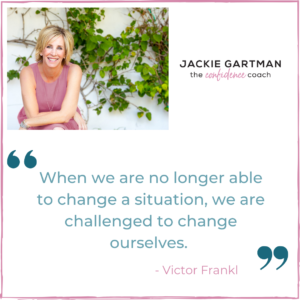I’m
fascinated about happiness. As a life
coach, many people hire me because they
feel stuck,

unhappy, and dissatisfied despite the fact that they’ve achieved
some pretty great things in their life.
Most complain that their lives are busier, more complicated and more
stressful than ever before even with their litany of accomplishments (owning a
home, getting married, having children, achieving wealth, etc,.). Since I don’t
believe in reinventing the wheel, I turned to Sonja Lyubomirsky, author of The Myths of
Happiness and discovered that what most of us do to achieve happiness has
nothing to do with genuine and long-lasting happiness. So before you continue
your journey on what you think will make you happy or happier, consider these twelve facts from Sonya’s latest book. The bad news is that they may completely shatter
your ideas about what it takes to be happy. The good news is you’re still alive
which means it’s not too late to reprogram your life navigation
system.’
12 Facts About Happiness:
1. We
should replay our happy times but analyze (rather than relive) our negative
past experiences. Studies suggest that we will be happier if we can
savor (not dissect) our positive experiences and strive to understand (but not
replay) unhappy times.
2. Novelty
in relationships is like a drug. Being exposed to variety and novelty
appears to have similar effects on our brains—specifically on activity
involving the neurotransmitter dopamine –as do pharmacological “highs”.
3. Couples
who talk alike stay together longer. Pairs of first-time daters who
matched each other’s language styles were more likely to want to date again,
and college couples who matched each other’s language styles were more likely
to still be together three months later. Even the relationships of famous
couples like Sylvia Plath and Ted Hughes were happiest when their letters
showed the highest match in language styles and least happy when they showed
the lowest match.
4. Two-thirds
of the benefits of a raise in income is erased after just one year.
This occurs in part because we suddenly have “new” needs, spend more, and begin
to associate with people in a higher income bracket.
5. It’s
the frequency—not intensity—of positive emotions that is good for our health. In
a study that followed people ages 18 to 94 over the course of 13 years those
with more frequent positive moments (but not more intense positive moments)
lived longer.
6. Friendships
lead us to perceive mountains as less steep. Researchers asked
volunteers to meet them at the base of a hill and asked that they either come
alone or with a friend. Those who were accompanied by a friend–especially
a friend they were close to and knew a long time–judged the hill to be less steep
than those who were alone.
7. Unexpected
pleasures are the most rewarding. In one experiment, when thirsty
participants were informed that they would finally be able to drink, those who
didn't know what they were going to get (i.e., water vs. a more attractive
beverage) showed more activity in the parts of their brains linked to positive
emotions.
8. We
are hard-wired to adapt to circumstances both good and bad. This means
the happiness spike we experience when we are in a new relationship, get a raise,
or get married won’t last for long.
9. A
troubled marriage presents as big a risk factor for heart disease as a regular
smoking habit. For example, in the middle of a hostile fight, the
functioning of our immune system begins to decline, our physical injuries heal
slower, and our coronary calcium levels (signaling heart disease risk) rise.
10. Marital
satisfaction decreases after the first baby is born and soars after the last
child leaves home.
11.
But parents experience more meaning. Sonja and her colleagues
found that parents reported more meaning and purpose in life when spending time
with their children than during the rest of their days.
12. Daily
hassles and uplifts impact our well-being more than do major life events.
Because, unlike annoyances, calamities motivate us to cope and positively
re-evaluate our situation—to elicit strong emotional support from others—we
often paradoxically suffer pain and distress longer from the little things than
from the big things.




